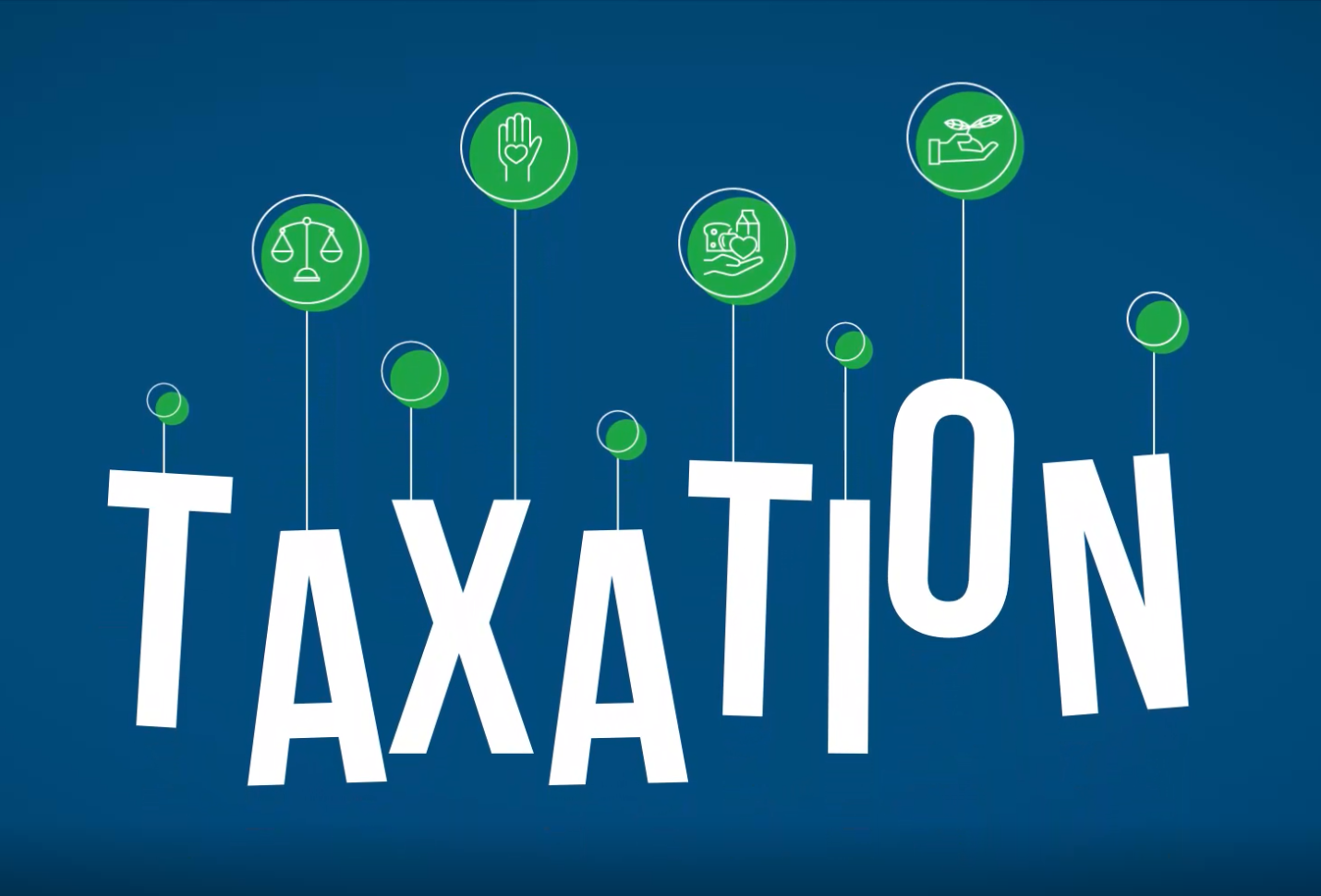
EBRD extends $ 21.3 m loan to Red Sea wind energy farm in Egypt
The European Bank for Reconstruction and Development (EBRD) is supporting the development and sustainability of ...

Marcos Neto, United Nations Assistant Secretary-General and Director of UNDP’s Bureau for Policy and Program Support, said the United Nations Development Program (UNDP) has set an ambitious trillion-dollar ‘moonshot’ to promote the investment of over $1 trillion in public and private resources for the Sustainable Development Goals (SDGs) by 2025.
Various solutions and programs, such as Tax for SDGs, Budget for SDGs, Integrated National Financing Frameworks, and thematic bonds and insurance, have been advanced to support this target.
Neto made the remarks at the Financing for Development Forum side event Public Finance and Taxation for Reducing Inequality and Achieving the SDGs, at the UN HQ in New York.
“Today, we focus on one of the most vital elements in meeting the moonshot target: public finance and taxation,” he said.
Tax revenue remains the most sustainable source of revenue for governments and the most viable means to raise finances for the SDGs, he said.
Furthermore, it reduces the dependence on international assistance and contributes to the repayment of burdensome debt, ultimately strengthening a country’s ability to withstand external shocks, he added.
Exactly two years ago, with generous support from the governments of Norway and Finland, UNDP launched the Tax for SDGs Initiative, he said.
This Initiative works to align tax systems with the Sustainable Development Goals across 25 countries, focusing especially on Least Developed Countries and Small Island Developing States, he highlighted.
In 2023 alone, over 1,500 personnel from 74 government entities received training in areas such as tax auditing and revenue collection — markedly improving their ability to manage and innovate within their fiscal frameworks, he said.
Additionally, innovative digital tax administration solutions were implemented in Tanzania and Lebanon, and over 1,000 officials have participated in dedicated Tax for SDGs courses across Colombia, Eswatini, Sri Lanka, and Tanzania — all aimed at fortifying global tax practices aligned with the SDGs, he asserted.
These efforts collectively underscore Tax for SDGs’ pivotal role in redefining public finance to achieve equitable and sustainable development worldwide, he added.
Indeed, the success of the Tax for SDGs Initiative is a testament to the collaborative efforts amongst nations, international organizations, academia, and civil society, he asserted.
UNDP remains committed, together with key partners like the OECD, UNDESA and others, to supporting countries in strengthening domestic resource mobilization to finance the SDGs and Nationally Determined Contributions while enhancing tax administrations’ capacity to address tax avoidance, evasion, and illicit financial flows, and facilitating the alignment of tax policies with tangible outcomes.
The European Bank for Reconstruction and Development (EBRD) is supporting the development and sustainability of ...
The Food and Agriculture Organization of the United Nations (FAO), in partnership with the Azerbaijan ...
About 18 new green shipping corridor initiatives emerged worldwide in the last year alone – ...


اترك تعليقا